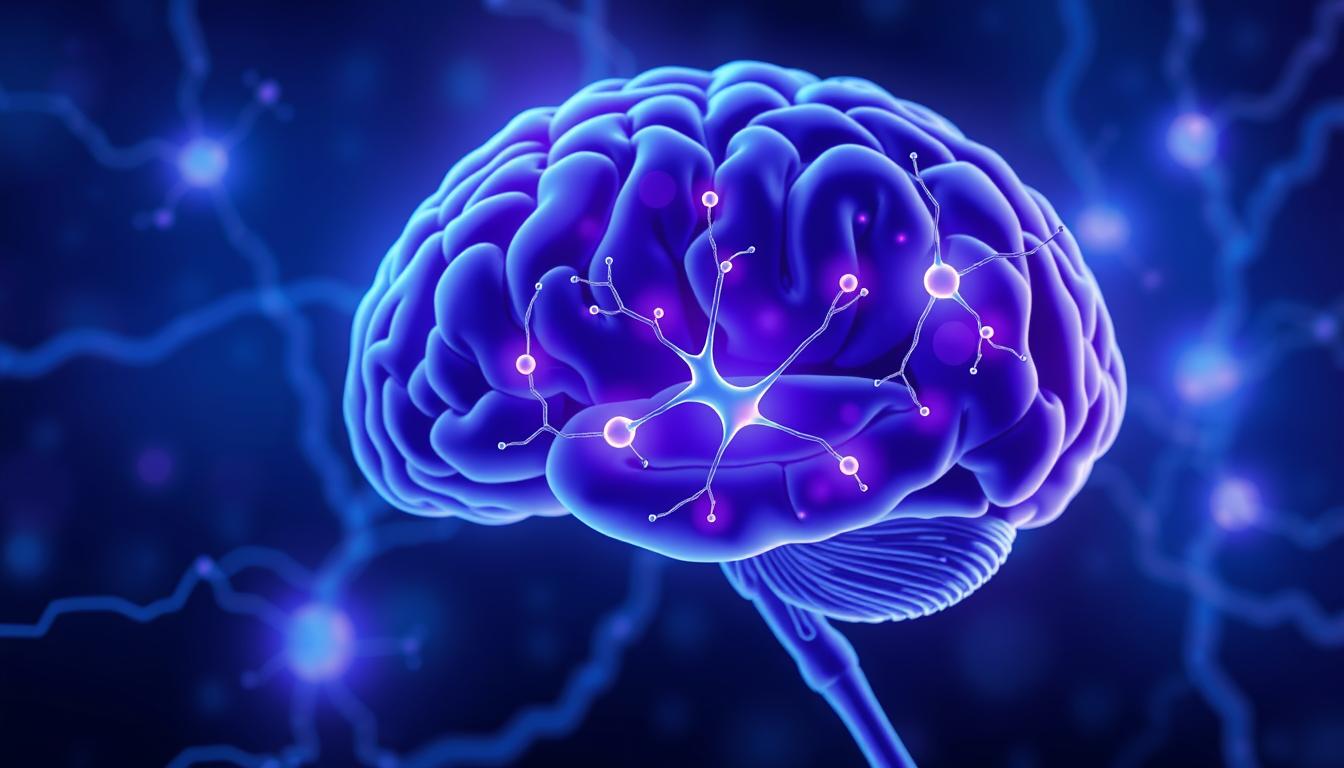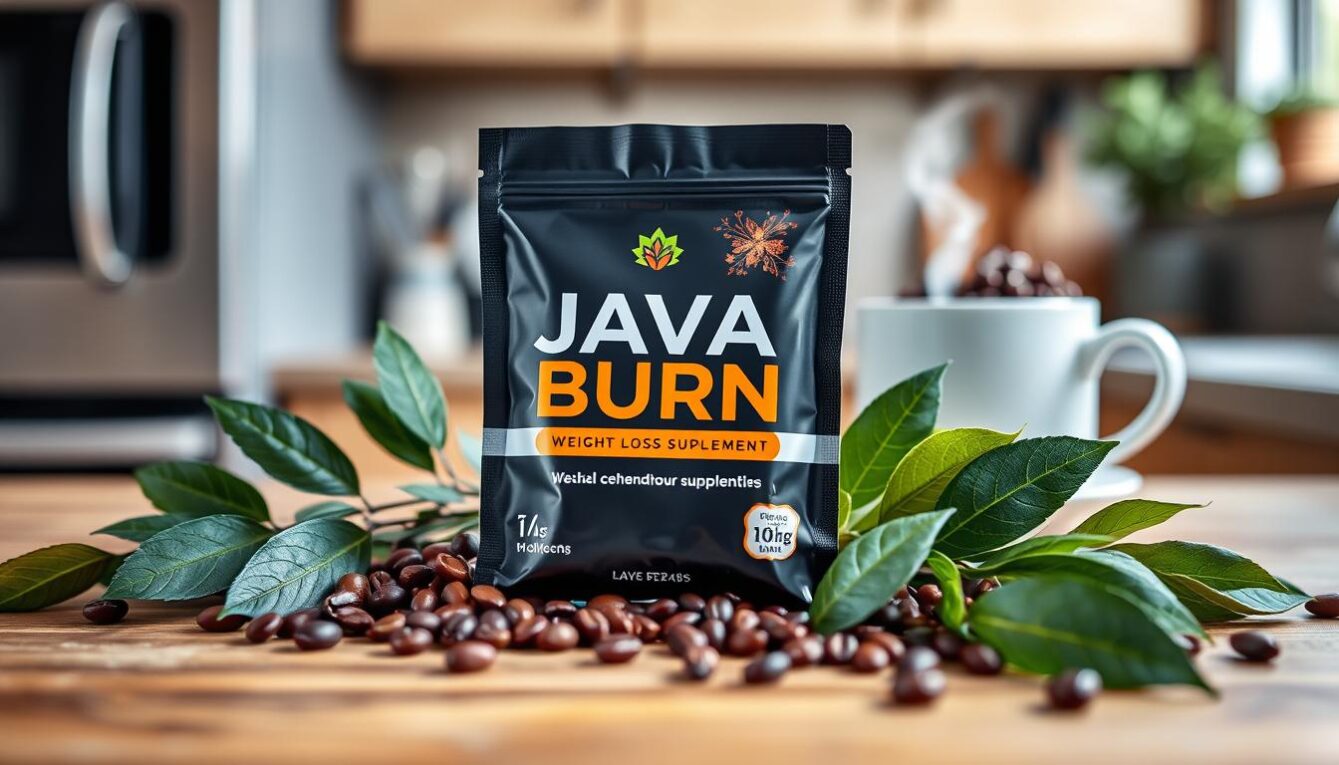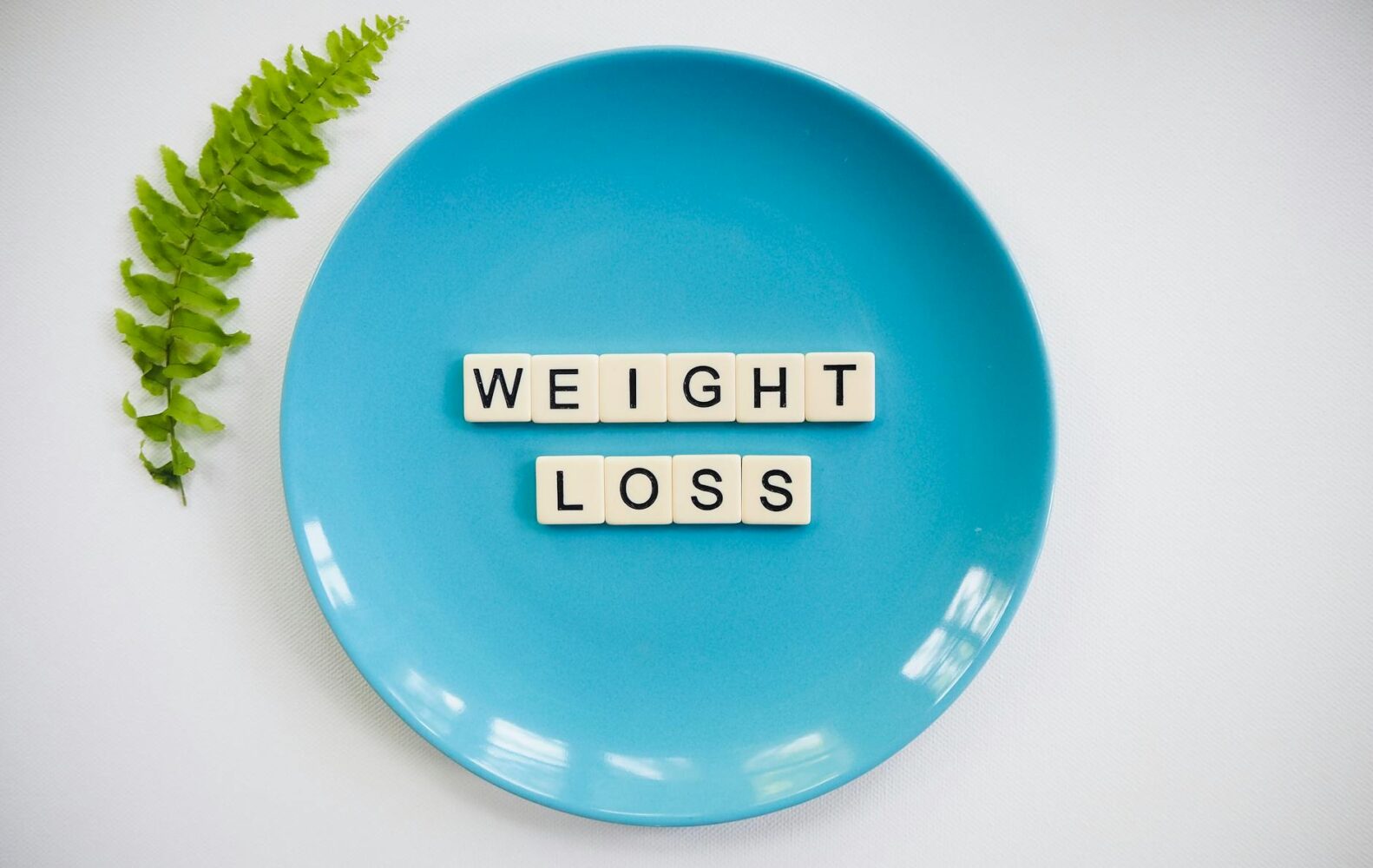Have you ever walked into a room and forgotten why you’re there? Or struggled to recall the name of someone you just met? Memory lapses happen to everyone, but science shows we can actively improve our recall abilities. This article explores the fascinating neuroscience behind memory formation and provides evidence-based strategies to boost memory with science-backed techniques that you can implement today.
How Memory Works: The Science Behind Recall
Memory isn’t stored in a single location in your brain. Instead, it’s distributed across different regions through networks of neurons. When you form a memory, your brain creates connections between neurons called synapses. The stronger these connections, the easier it is to recall that information later.
The process of memory formation happens in three key stages:
- Encoding: Your brain processes incoming information through your senses and converts it into a form that can be stored.
- Storage: The encoded information is maintained in your brain through strengthened neural connections.
- Retrieval: When needed, your brain accesses and reconstructs the stored information.
The hippocampus, a seahorse-shaped structure deep in your brain, plays a crucial role in converting short-term memories into long-term ones. This process, called memory consolidation, primarily happens during sleep, which explains why quality rest is essential for optimal memory function.
Understanding these mechanisms gives us insight into how we can actively enhance our memory capabilities through targeted strategies.
Strategy 1: Optimize Your Sleep Patterns

Sleep isn’t just rest for your body—it’s critical processing time for your brain. During deep sleep, your brain consolidates memories, transferring information from short-term to long-term storage.
A 2023 study published in the journal Nature Neuroscience found that participants who got 7-9 hours of quality sleep performed 20-40% better on memory tests compared to those who were sleep-deprived.
How to Optimize Sleep for Better Memory:
- Maintain a consistent sleep schedule, even on weekends
- Create a relaxing bedtime routine to signal your brain it’s time to wind down
- Keep your bedroom cool (65-68°F/18-20°C), dark, and quiet
- Avoid screens at least 30 minutes before bedtime
- Limit caffeine and alcohol, especially in the afternoon and evening
Ready to improve your sleep quality tonight? Try implementing just one of these strategies and notice the difference in your recall ability tomorrow.
Strategy 2: Practice Spaced Repetition
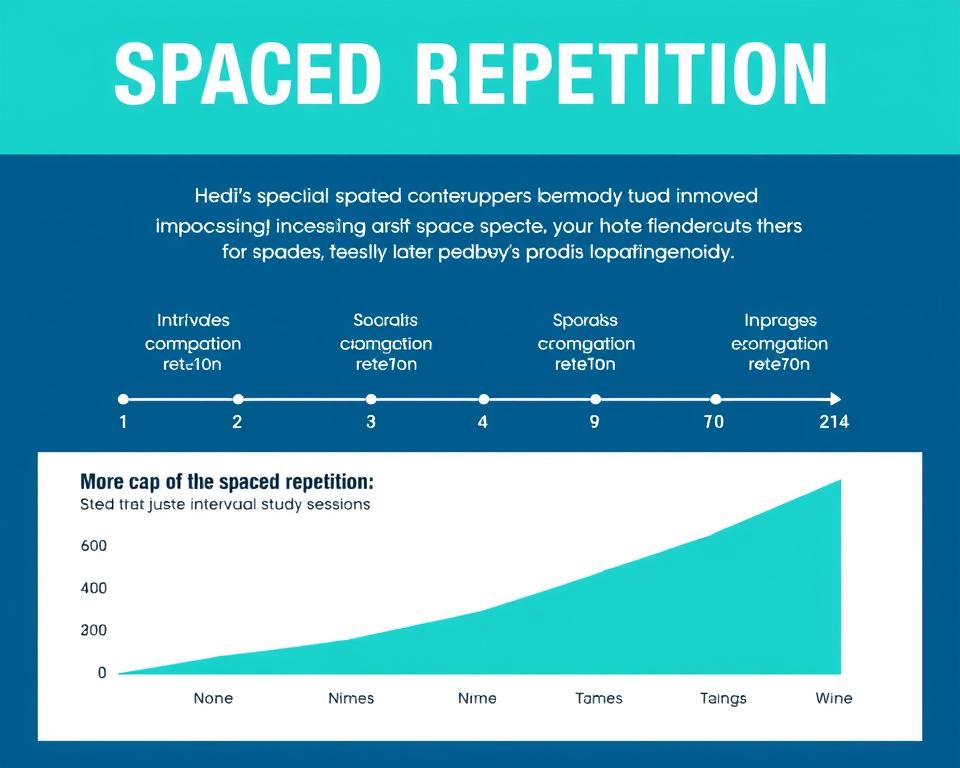
Spaced repetition is a learning technique that involves reviewing information at increasing intervals. Rather than cramming all at once, you space out your review sessions over time, which significantly enhances long-term retention.
This technique works because it leverages the psychological spacing effect—the phenomenon where information is better remembered when study sessions are spaced out rather than massed together.
How to Implement Spaced Repetition:
- After learning new information, review it within 24 hours
- Review again after 3 days, then 1 week, 2 weeks, and finally 1 month
- Use digital tools like Anki or Rem Note that automatically schedule review sessions
- Focus more time on difficult information and less on what you know well
A 2021 meta-analysis published in Psychological Science found that spaced repetition improved long-term memory retention by up to 80% compared to traditional study methods.
Strategy 3: Engage in Regular Physical Exercise

Exercise doesn’t just benefit your body—it significantly impacts your brain health and memory function. Physical activity increases blood flow to your brain, promotes the growth of new neurons, and stimulates the release of chemicals that enhance neural connections.
A 2022 study from the University of British Columbia found that regular aerobic exercise increases the size of the hippocampus, the brain area involved in verbal memory and learning.
Memory-Boosting Exercise Recommendations:
- Aim for at least 150 minutes of moderate aerobic activity per week
- Include both cardio exercises (walking, swimming, cycling) and strength training
- Even short 10-minute walks can improve cognitive function
- Exercise outdoors when possible—nature exposure provides additional cognitive benefits
The cognitive benefits of exercise appear quickly—some studies show improved memory function within 30 minutes of moderate physical activity.
Can’t find time for a full workout? Even a brisk 10-minute walk can boost your brain function. Try taking a short walk before your next important meeting or study session.
Strategy 4: Adopt a Brain-Healthy Diet

What you eat directly affects your brain’s ability to form and retrieve memories. Certain nutrients support brain health by reducing inflammation, protecting against oxidative stress, and promoting new neural connections.
The MIND diet (Mediterranean-DASH Intervention for Neurodegenerative Delay), developed by researchers at Rush University Medical Center, combines aspects of the Mediterranean and DASH diets specifically to support brain health.
Brain-Boosting Foods to Include:
Eat More:
- Fatty fish (salmon, mackerel, sardines) rich in omega-3 fatty acids
- Berries, especially blueberries and strawberries, high in antioxidants
- Leafy greens like spinach, kale, and collards
- Nuts, particularly walnuts (which even resemble the brain)
- Turmeric, which contains curcumin, an anti-inflammatory compound
Limit These:
- Added sugars and refined carbohydrates
- Processed foods high in trans fats
- Excessive alcohol, which can damage brain cells
- High-sodium foods that may increase blood pressure
A 2023 study in the Journal of Alzheimer’s Disease found that participants who closely followed the MIND diet had cognitive function equivalent to people 7.5 years younger.
Strategy 5: Master Memory Techniques
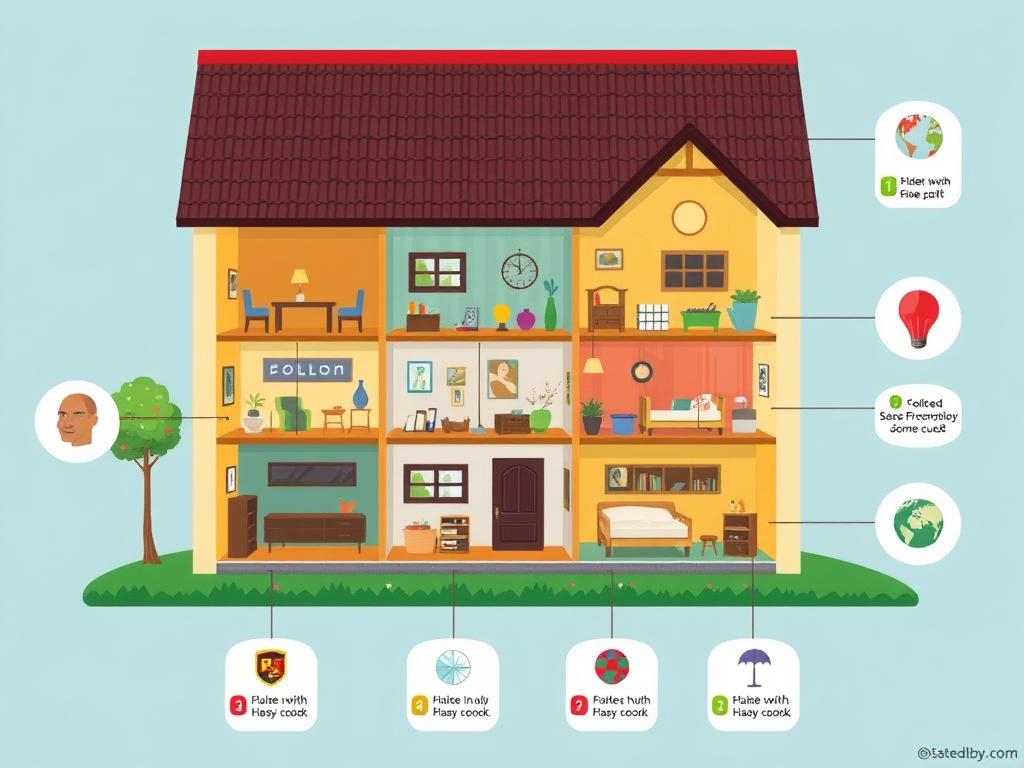
Memory champions don’t have genetically superior brains—they use specific techniques that anyone can learn. These methods work by creating stronger encoding through visualization, association, and organization.
Powerful Memory Techniques:
- The Memory Palace (Method of Loci): Visualize a familiar place and mentally place items you want to remember at specific locations. To recall, mentally walk through the space.
- Chunking: Group information into meaningful units. For example, remember the phone number 8005551234 as 800-555-1234.
- Acronyms and Acrostics: Create memorable phrases where each letter represents something you need to remember. For example, “HOMES” for the Great Lakes (Huron, Ontario, Michigan, Erie, Superior).
- Association: Connect new information to something you already know. The more unusual or vivid the association, the better you’ll remember it.
A 2023 study in the Journal of Applied Research in Memory and Cognition found that participants who used the memory palace technique remembered nearly three times as many items from a list compared to those using rote memorization.
Try the memory palace technique today: Choose a familiar route in your home and mentally place 10 items from your shopping list along this route. See how many you can recall later without looking at your list.
Strategy 6: Practice Mindfulness Meditation

Mindfulness meditation isn’t just for stress reduction—it physically changes your brain in ways that enhance memory. Regular meditation practice increases gray matter density in the hippocampus and strengthens connections between brain regions involved in attention and memory processing.
A 2020 study published in Brain Sciences found that just eight weeks of mindfulness meditation improved working memory capacity and reduced mind-wandering, both crucial for effective learning and recall.
How to Start a Memory-Enhancing Meditation Practice:
- Begin with just 5 minutes daily and gradually increase to 15-20 minutes
- Focus on your breath, noticing when your mind wanders and gently bringing attention back
- Try guided meditations specifically designed for cognitive enhancement
- Practice consistently—benefits accumulate over time
Even brief meditation sessions before learning new information can significantly improve encoding and later recall.
Strategy 7: Engage in Cognitive Training
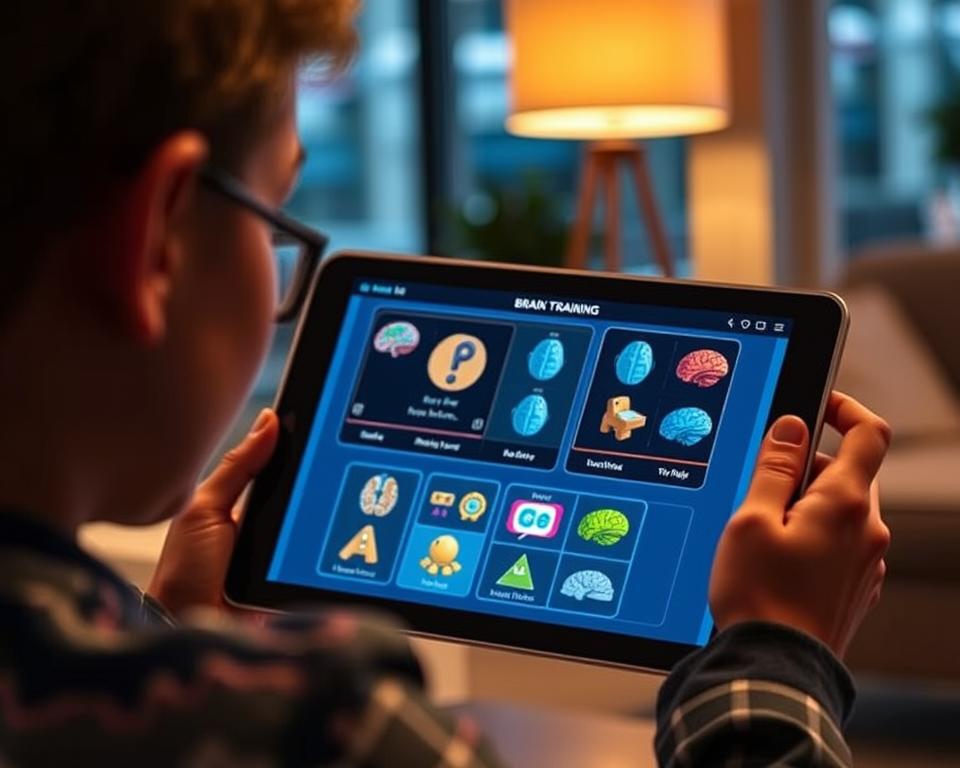
Just as physical exercise strengthens your muscles, cognitive training can strengthen your memory. These activities challenge your brain to form new neural pathways and reinforce existing ones.
While “brain games” have received mixed reviews in scientific literature, targeted cognitive training that focuses on specific memory skills has shown promising results.
Effective Cognitive Training Activities:
- Dual n-back tasks: Exercises that challenge you to remember information while simultaneously processing new input
- Learning a new language: Creates new neural pathways and improves cognitive flexibility
- Playing a musical instrument: Engages multiple brain regions simultaneously
- Complex puzzles: Crosswords, Sudoku, and jigsaw puzzles that require sustained attention
A 2021 systematic review in Frontiers in Aging Neuroscience found that targeted cognitive training improved memory performance in both healthy adults and those with mild cognitive impairment.
Challenge your brain today: Download a language learning app and spend just 10 minutes learning new vocabulary, or try a dual n-back game to exercise your working memory.
Frequently Asked Questions About Memory Improvement
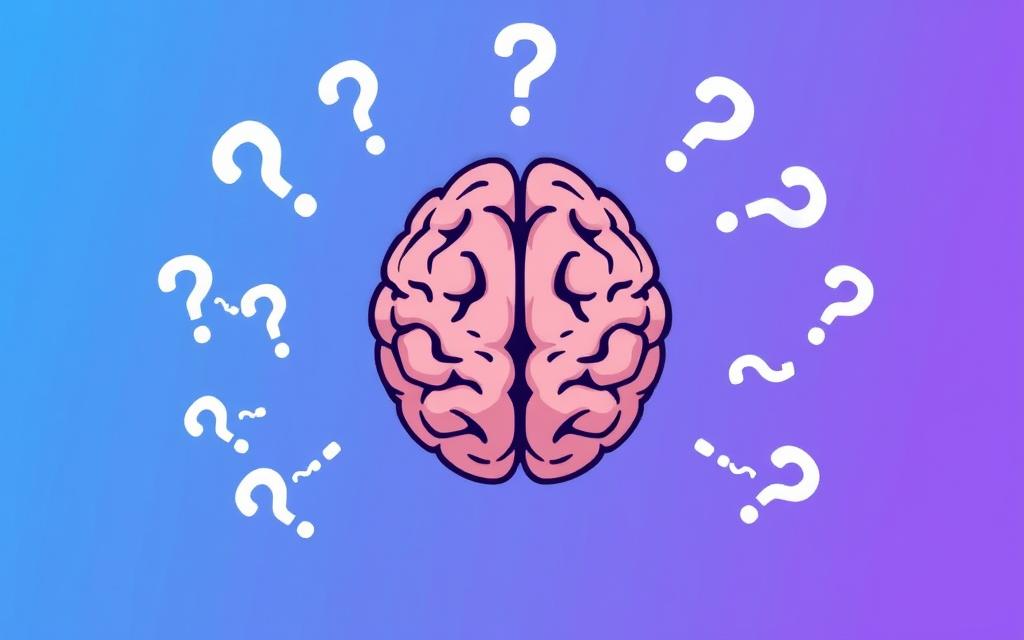
Can memory really be improved, or is it mostly genetic?
While genetics play a role in baseline memory capacity, research overwhelmingly shows that memory can be significantly improved through training and lifestyle modifications. Neuroplasticity—your brain’s ability to form new connections—continues throughout life, allowing for memory enhancement at any age.
Do supplements like ginkgo biloba actually boost memory?
Despite popular claims, most memory supplements have limited scientific support. Ginkgo biloba, one of the most studied supplements, shows mixed results in clinical trials. The strategies outlined in this article—sleep, exercise, diet, and cognitive training—have far stronger scientific evidence supporting their effectiveness.
Is memory loss an inevitable part of aging?
Some degree of memory change is common with aging, but significant memory loss is not inevitable. Many adults maintain excellent memory into their 80s and beyond. The strategies in this article can help maintain cognitive function as you age. If you experience concerning memory changes, consult a healthcare provider, as they could indicate treatable conditions.
How quickly can I expect to see improvements in my memory?
Some benefits, like those from exercise and quality sleep, can be noticed within days. Other strategies, such as dietary changes and consistent cognitive training, typically show measurable improvements within 2-3 months of regular practice. The key is consistency—these are lifestyle changes, not quick fixes.
Start Boosting Your Memory Today

Memory isn’t a fixed trait—it’s a skill that can be developed and enhanced through science-backed strategies. By implementing the techniques outlined in this article, you can significantly improve your ability to form, store, and retrieve memories.
Remember that consistency is key. Start small by incorporating one or two strategies into your routine, then gradually add more as they become habits. Your brain’s remarkable plasticity means it’s never too late to boost your memory capacity.
Ready to Transform Your Memory?
Download our free “7-Day Memory Boost Challenge” worksheet to track your progress as you implement these science-backed strategies. See measurable improvements in just one week!
Remember: The best approach to memory enhancement combines multiple strategies. Improving your sleep, adjusting your diet, exercising regularly, and practicing memory techniques will yield better results than any single approach alone.
